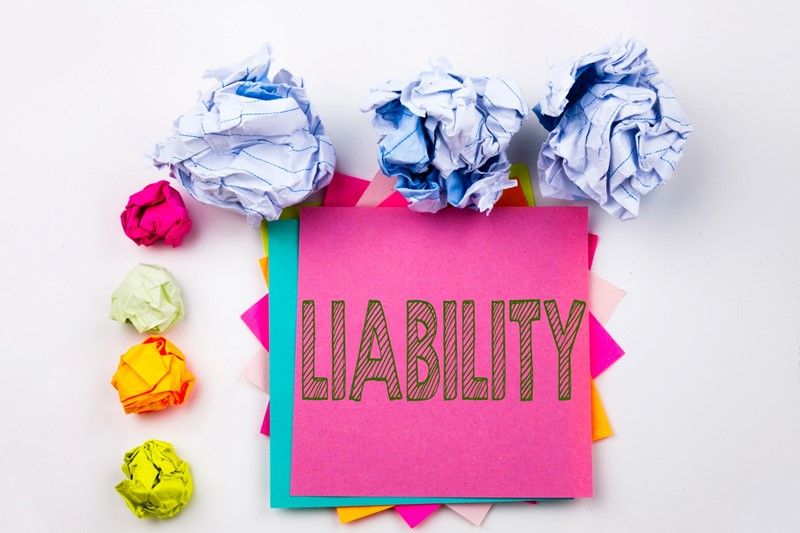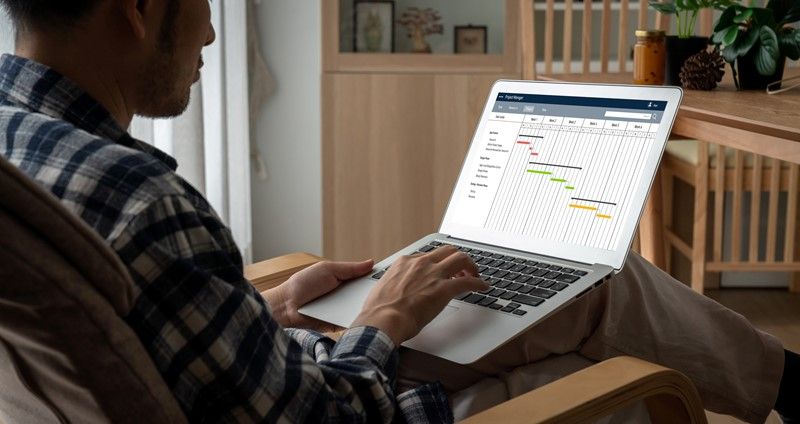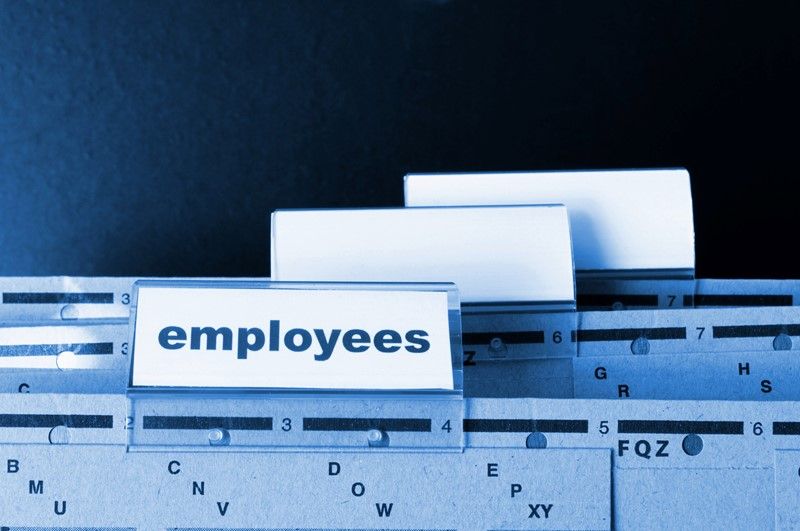Directors liability for company debts
A limited company is a separate legal entity. In normal circumstances, its debts belong to the company, not to the directors. This is one of the central advantages of incorporation. However, the protection is not absolute. Directors have duties in law, and if those duties are not met, there are situations where personal liability can arise. Understanding the main risk areas helps directors manage their responsibilities with confidence.
The most common route to personal liability is through personal guarantees. These are often required when arranging finance or long term commitments. They appear in bank loans, leases, asset finance, invoice discounting and sometimes supplier credit arrangements. A personal guarantee means that, if the company cannot pay, the director promises to pay instead. Many directors accept guarantees without fully recognising their implications, sometimes as part of standard paperwork. If the business later becomes insolvent, the creditor may enforce the guarantee directly against the director.
Another area where liability can arise is wrongful trading. This occurs when directors continue to trade at a point where they knew, or should have known, that the company was unlikely to avoid insolvency. Once insolvency becomes likely, directors must act to minimise losses for creditors. Continuing to take new orders, incur new debts, or draw full salaries without regard to the company’s position may be seen as failing in that duty. If wrongful trading is found, a director can be required to contribute personally towards the shortfall to creditors.
Fraudulent trading is a more serious matter. This involves intent to deceive. Examples include deliberately misleading creditors, falsifying records, or taking payment from customers when it is clear the business will not be able to supply. In these cases, personal liability is likely, and criminal sanctions may also be possible.
Misfeasance relates to breach of duty. Directors must act in the best interests of the company and use company assets responsibly. Issues arise where funds are drawn inappropriately, company assets are used personally, records are not maintained, or tax liabilities are ignored. If the company enters liquidation, transactions will be reviewed. Directors may be required to repay sums that were taken improperly.
HMRC can also pursue directors personally in some situations. If there is repeated or deliberate non-payment of PAYE, NIC or VAT, HMRC may issue a personal liability notice. This is generally used where behaviour is seen as deliberate or reckless rather than a one-off difficulty.
If a company fails and a related business continues afterwards, this can also be examined. Forming a new business after insolvency is not itself prohibited, but if it appears to be an attempt to avoid debts unfairly, directors may face investigation or disqualification.
Good practice reduces risk. Clear financial records, cash flow forecasting, early advice when trading becomes difficult, care with drawings, and caution when asked to sign guarantees all help protect directors.




